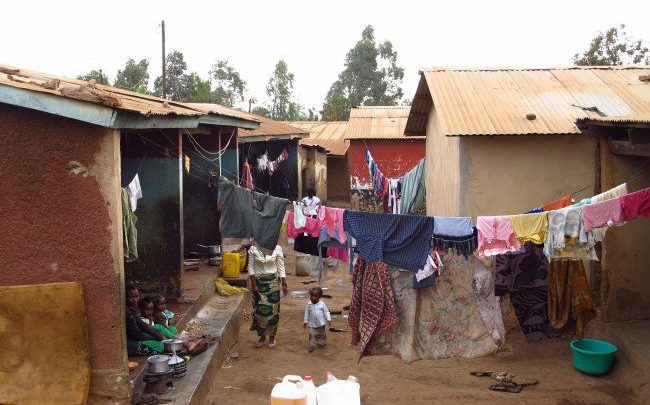Columns
Why do some poor people still remain poor?

By Burnett Munthali
The low wage and unreliable nature of those jobs prevents them from saving enough to fund the purchase of indivisible assets needed to run these businesses. As a result, the poor remain poor not because they are only suited to irregular, unproductive work but because they cannot access the better jobs.
The reasons are many – predatory financial services, stagnant wages, rising housing costs. In a new book, sociologist Matthew Desmond argues there’s another reason why poverty grows so persistently here – because those who are better off benefit from it.

Poor people buy liabilities, rich people buy assets. The disparity in wealth accumulation can also be attributed to divergent spending habits. Poor people tend to spend their money on liabilities — items that depreciate over time — such as luxury goods, excessive entertainment, or expensive cars.
Inequality in the distribution of wealth is a complex and multifaceted problem that depends on many factors. Education and access to knowledge, wage and income disparities, inheritance of wealth.
Children younger than 18 tended to stay poor longer than working-age adults (ages 18-64): the median length of their poverty spells was 5.2 months, while for those 18 to 64, the median was 4.2 months. Older adults (65 and older) had the longest stays in poverty of any age group: a median spell of 6.7 months.
Inequality: Disparities in income, wealth, and access to resources contribute to the perpetuation of poverty. Addressing inequality is a complex and deeply ingrained issue.
Poverty entails more than the lack of income and productive resources to ensure sustainable livelihoods. Its manifestations include hunger and malnutrition, limited access to education and other basic services, social discrimination and exclusion as well as the lack of participation in decision-making.
The well-worn assertion that the rich get richer while the poor get poorer echoes Karl Marx’s theory of immiseration which said that capitalists could only become richer by lowering wages, thereby reducing the living standards of workers until they had no choice but to revolt.






